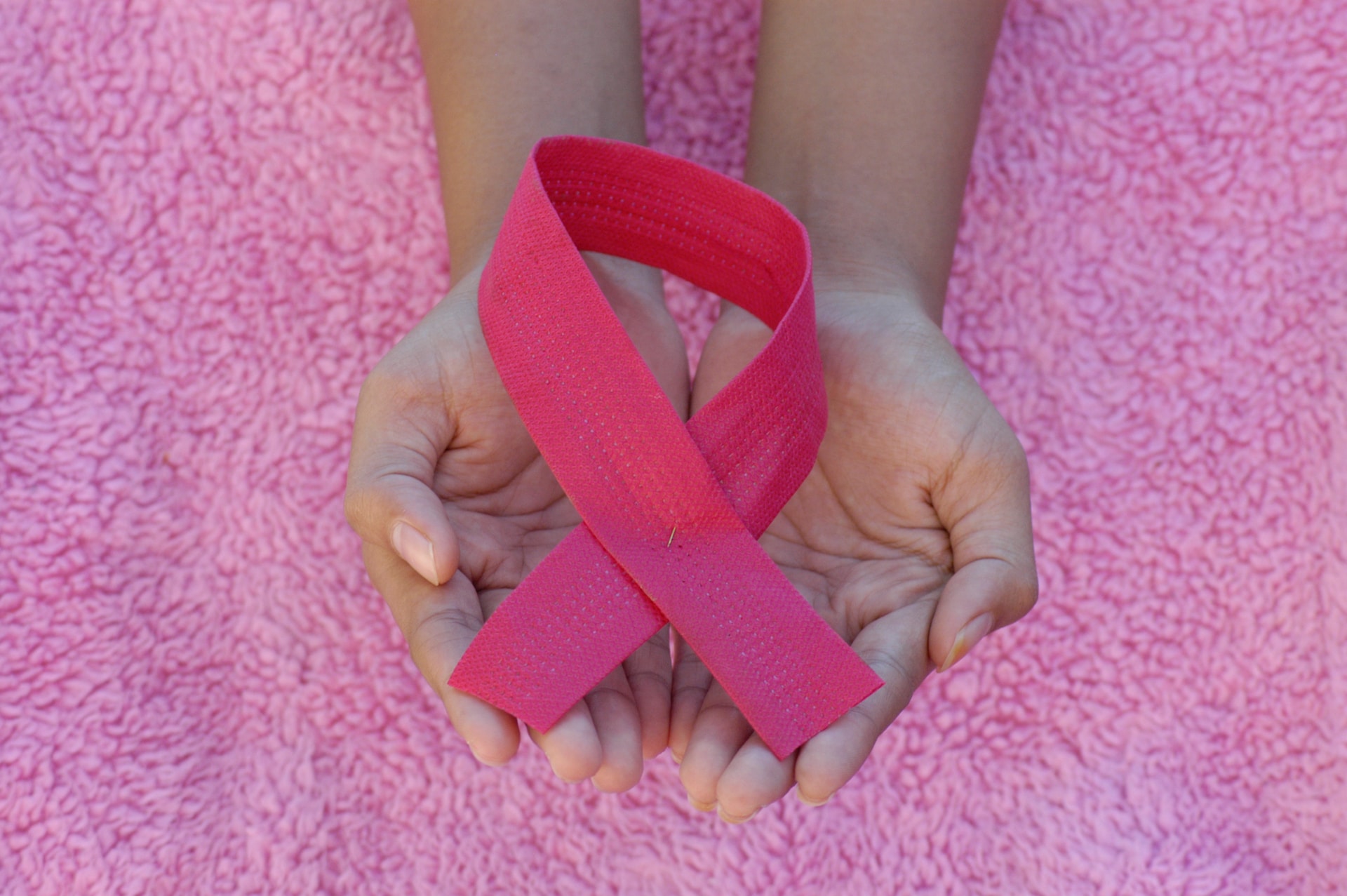Image Source: Unsplash
Are you aware that many common lifestyle choices and environmental factors significantly influence a woman’s risk of developing cancer? Your everyday habits, diet, exercise routine, sun exposure, and even family history can either increase or decrease your likelihood of cancer.
Furthermore, factors like hormone replacement therapy or exposure to certain infections can escalate chances too, and there are plenty of other things women should know about cancer.
10 Things Women Should Know About What Causes Cancer
In this article, we’ll delve into the top 10 causes of cancer in women, helping you gain informed awareness for better preventive measures and early detection screening procedures.
1. Tobacco and Alcohol
Smoking and heavy drinking are leading causes of certain cancers. The chemicals in tobacco smoke can damage your DNA, leading to cell mutations that cause cancer. Drinking, on the other hand, may lead to liver, mouth, oesophagus, colon, breast, and many other cancers.
2. Diet and Exercise
Consuming a diet rich in fruits, vegetables, lean proteins, and whole grains while minimizing intake of processed foods is beneficial. Furthermore, maintaining an active lifestyle helps in regulating a good weight balance which, in turn, reduces the risk of various cancers.
3. Sun Exposure
Spending time outdoors is great, but too much exposure to the sun’s harmful ultraviolet (UV) rays can increase your risk of skin cancer. Consistent use of sunscreen, wearing protective clothing, and seeking shade p during peak sunlight hours can go a long way in reducing this risk.
4. Family History
Certain types of cancer can run in families due to inherited gene mutations. This doesn’t guarantee you’ll get the disease, but it elevates the risk. Knowing your family’s medical history and sharing this information with your doctor helps define personalized preventive strategies.
5. Your Age
As people age, the risk of developing certain types of cancer also increases. This can be due to a combination of genetic factors and the cumulative effects of exposure to cancer-causing substances over time. Regular screenings are especially important as you get older.
6. Exposure to Carcinogens
Regular exposure to carcinogenic substances in workplaces or homes, such as asbestos, could elevate one’s risk significantly. Uterine cancer product liability claim cases indicate certain products, such as hair relaxers, can increase your risk for cancer in the urinary system.
7. Hormone Replacement Therapy (HRT)
While hormone replacement therapy can help manage menopausal symptoms, it’s crucial to understand its risks. HRT is linked to an increased risk of certain forms of breast and ovarian cancers, especially with long-term use. Be sure to discuss such risks with your doctor.
8. Environmental Pollutants
Prolonged exposure to certain environmental pollutants, like chemicals released in car exhaust fumes or industrial waste, may increase your risk of developing various types of cancer. Taking steps to limit our contact with them wherever possible can help reduce potential risks.
9. Visibility and Early Detection
Early detection of cancer significantly increases the chances of successful treatment. Regular check-ups and screenings are crucial, as many types of cancer, like ovarian or cervical, might not present symptoms until advanced stages. Hence, you should stay vigilant about your health.
10. Effect Of HPV & HIV Infections On Cancer Risk
Certain viruses, like human papillomavirus (HPV) and HIV, can elevate one’s risk for various cancers. For instance, HPV is strongly linked with cervical cancer. Similarly, a weakened immune system due to HIV infection can increase susceptibility to several forms of the disease.
In Conclusion…
Knowledge is your best defence against cancer. By understanding the pivotal causes of various forms of this disease, you can take active steps toward protecting your health. Whether it involves adopting a healthier lifestyle, reducing sun exposure, or having regular check-ups with a doctor to identify any potential concern early, every measure counts significantly.



















